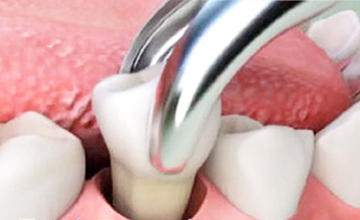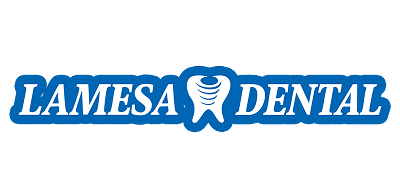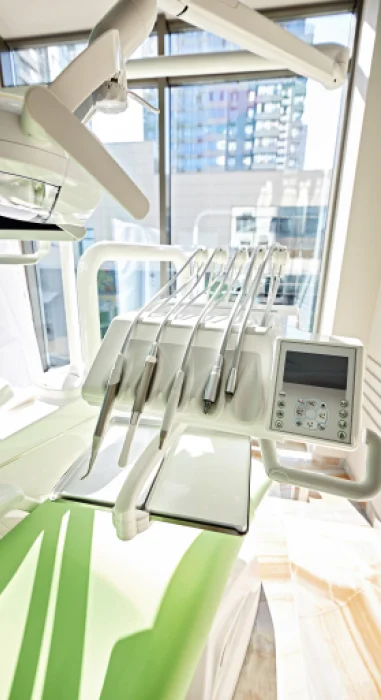Service Details
- Home
- Service Details
Tooth Extraction
Tooth extractions may be required for several different reasons.

Tooth extractions may be required for several different reasons. These include:
When one or more teeth are severely decayed
When one or more teeth are broken and cannot be repaired
When one or more teeth are poorly positioned in the mouth (impacted teeth)
When there is advanced periodontal disease
To prepare for orthodontic treatment
After Extractions Home Care
Bleeding
- Bleeding can occur post extraction. To control bleeding, place a moist gauze over the empty socket and bite down for forty-five minutes.
Blood Clots
- Bloods clots form in the empty socket post extraction and should never become dislodged. Be sure to avoid
Rinsing or spitting for 24 hours post extraction
Using a straw
Smoking and tobacco use
Consuming hot foods and beverages
Swelling
- If you notice swelling within the first twenty-four hours, you can place a cold compress on your teeth every twenty minutes for ten minutes at a time.
Pain and Medication
- If you experience pain, over-the-counter medications such as acetaminophen or ibuprofen can provide relief.
Brushing and Cleaning
- After your teeth extraction, do not brush your teeth until the following day. Use a salt water rinse before and after eating twenty-four hours after your extraction
Dry Socket
- Dry socket occurs when a blood clot fails to form in the socket or becomes dislodged, which drastically impacts your healing. Follow all post extraction instructions to minimize the risk of developing dry socket.
Healing
- Once your tooth is extracted, there will be a hole in your jawbone. It will take anywhere from several weeks to a few months for the hole to fill with bone.

